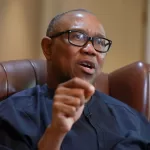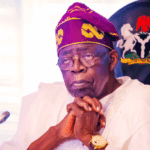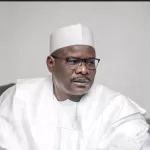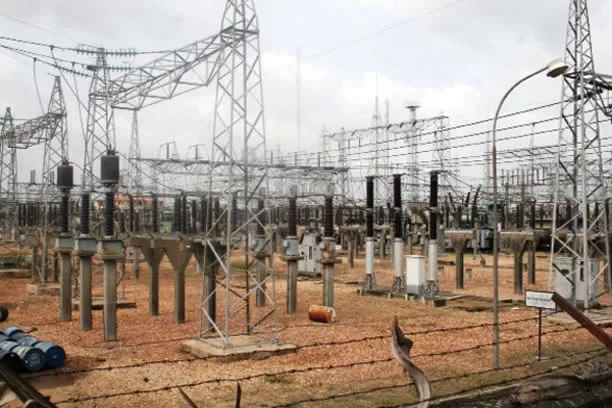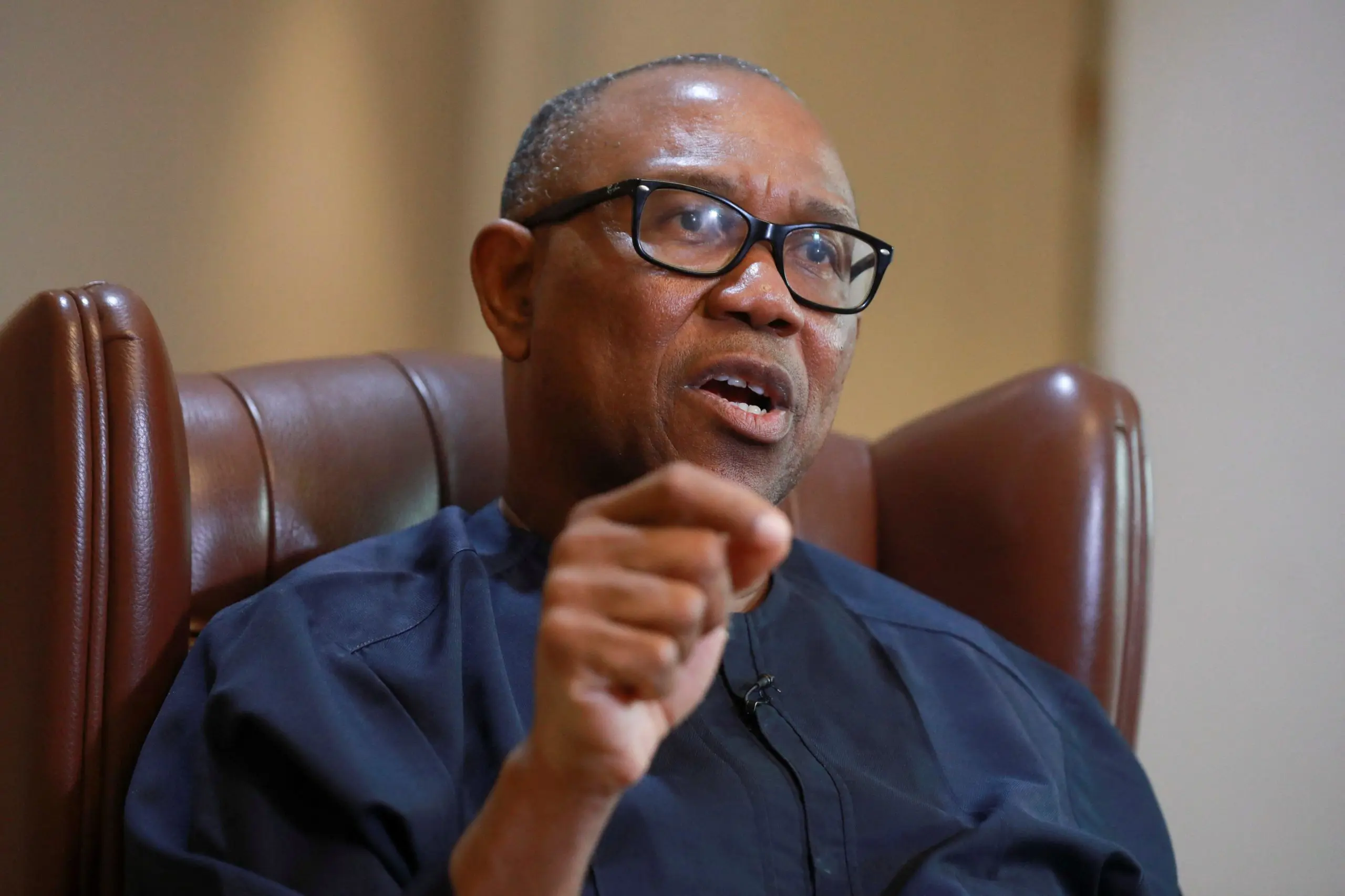12 states in Nigeria are forging ahead with plans to start generating power in their respective states in conformity with the Electricity Act 2023.
It has been revealed that Lagos, Kano, and 10 other states have made arrangements to commence power generation within their territories in compliance with the Electricity Act of 2023.
A consumers who receive 20 hours of electricity daily.
It gathered on Thursday that some of these states had established their electricity market laws and were waiting for the approval of the Nigerian Electricity Regulatory Commission to have independent regulatory bodies different from the NERC owned by the Federal Government.
As the states stepped up efforts to generate electricity, the Federal Government’s 240 per cent power tariff hike for consumers in Band A enjoying 20-hour electricity attracted more condemnations on Thursday.
Groups including the Petroleum and Natural Gas Senior Staff Associations of Nigeria, civil society organisations and the Nigeria Electricity Consumer Advocacy Network warned that the hike would worsen the plight of Nigerians.
The subsidy on electricity has been withdrawn completely from the tariff payable by power consumers in the Band A category, who constitute about 15 per cent of the total number of power users across the country.
The government, through the NERC, announced the hike in the electricity bill on Wednesday, adding that those affected would now pay a tariff of N225 per kilowatt-hour, up from the previous rate of N68/kWh, representing about 240 per cent increase.
However, there are strong indications that many states are taking advantage of the new Electricity Act to establish their electricity generation firms.
In June 2023, President Bola Tinubu signed a new Electricity Act into law, heeding the calls of Nigerians that the power sector be reformed and removed from the exclusive list, to give states the power to generate, transmit and distribute electricity within their jurisdiction. This, Nigerians believe, would help in proffering lasting solutions to the electricity problems in Nigeria.


